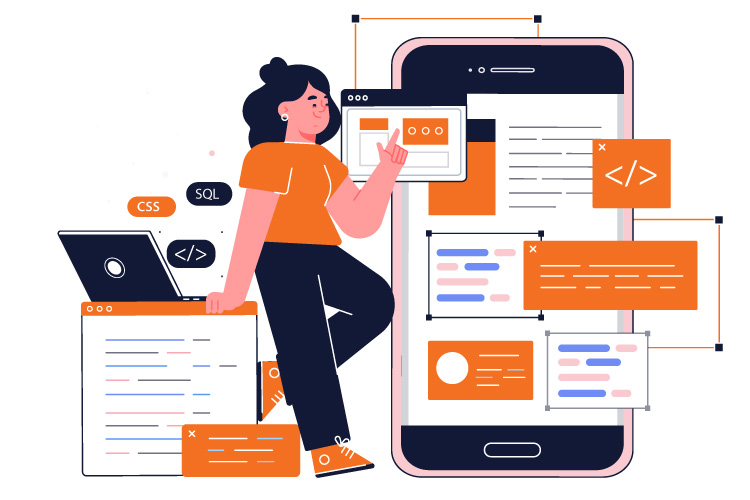Android Mobile Apps Development
Harnessing the Power of Innovation
In today's digital age, smartphones have become indispensable tools for communication, entertainment, productivity, and beyond. At the heart of these devices are mobile applications, or apps, which drive their functionality and user experience. Among the various mobile platforms, Android stands out as the most widely used operating system globally, making Android app development a crucial skill for developers and businesses alike.
Understanding Android App Development
Android app development refers to the process of creating software applications that run on devices powered by the Android operating system. Since its inception by Android Inc. in 2003 and subsequent acquisition by Google in 2005, Android has evolved into a powerhouse OS, dominating the global market with its diverse range of devices from smartphones to tablets and beyond.
Key Points in Android App Development
1. Programming Languages and Frameworks:
- Java: Historically the primary language for Android development.
- Kotlin: Introduced by Google as an official language in 2017, offering modern features and improved syntax over Java.
- Frameworks: Android SDK (Software Development Kit) provides essential tools and APIs for app development, including UI design, data storage, and connectivity.
2. Development Environment:
- Android Studio: The official Integrated Development Environment (IDE) for Android development, equipped with a suite of tools for coding, debugging, testing, and performance profiling.
- Emulators and Devices: Android Studio includes emulators to simulate various devices for testing apps, though testing on real devices is crucial for comprehensive testing.
3. UI/UX Design:
- Material Design: Google's design language emphasizing minimalism, responsive animations, and intuitive interactions.
- Adaptability: Designing apps to be responsive across different screen sizes and resolutions, considering factors like touch input and accessibility.
4. Backend Development:
- Server-side APIs: Integrating with web services and APIs to fetch data and perform operations.
- Database Integration: SQLite for local data storage and other databases like Firebase for real-time synchronization and cloud storage.
5. Security Considerations:
- Data Encryption: Securely transmitting and storing sensitive user data.
- Authorization and Authentication: Implementing user authentication mechanisms to protect user accounts and data.
6. Testing and Debugging:
- Unit Testing: Testing individual components of the app to ensure they function as expected.
- Integration Testing: Verifying interactions between different modules and services.
- User Acceptance Testing (UAT): Involving real users to gather feedback on usability and performance.
7. Deployment and Distribution:
- Google Play Store: The primary marketplace for distributing Android apps.
- App Signing: Signing apps with a certificate to verify their authenticity and integrity.
- Update Management: Ensuring smooth updates and version control to address bugs and introduce new features.
